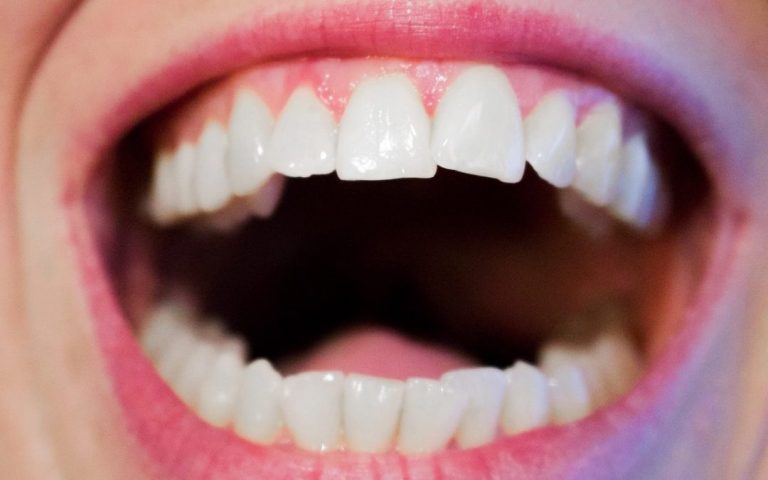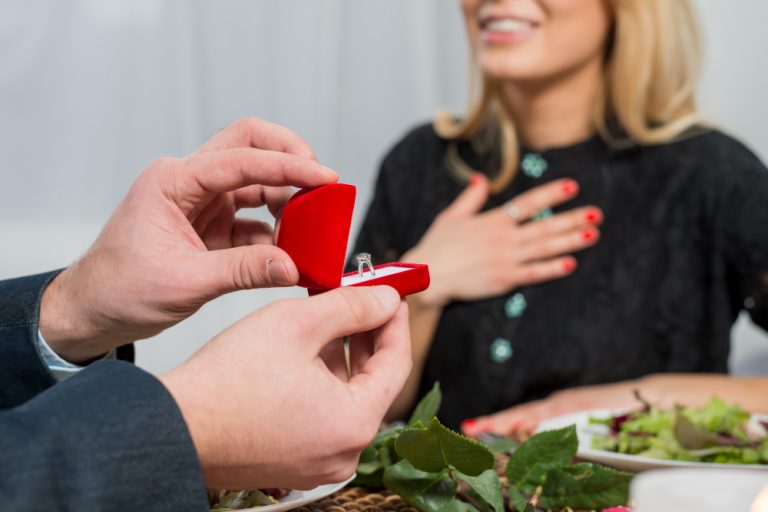To maintain excellent dental health, you must pay attention to how much, what type, and how frequently you consume particular foods or visit Smile Dentist for your regular dental check-up. Consuming some foods, such as sugar, can have long-term effects on your mouth, gums, and teeth.
Sugar’s Harmful Effects on Your Teeth
Your mouth is teeming with germs, many of which are healthy while others are hazardous. The bad bacteria devour sugar and produce acids that attack and destroy your tooth enamel, the protective, shining outer coating of your teeth. The acids produce a bacterial infection, which can lead to cavities and gaps in your teeth. Cavities, if left untreated, can progress through your enamel into your tooth’s deeper layers, resulting in tooth loss and suffering. Fortunately, while the acids assault your teeth on a regular basis, your mouth is always repairing the damage. Your mouth is constantly demineralizing, with acids leeching minerals from your tooth enamel.
The natural re-mineralization process, on the other hand, heals and strengthens your teeth. Saliva plays an important part in this process because it includes important minerals like phosphates and calcium, which aid in tooth restoration.
How Does Sugar Contribute to Cavities?
According to the Alberta Dental Association & College, tooth decay causes are the same regardless of age. When plaque bacteria feed on the sugar in your diet, decay happens.
Have you ever wondered why sugar causes tooth decay? Most individuals are aware that eating too much sugar can lead to cavities and tooth disease, but few understand how this occurs. After you eat a sugary treat, your mouth goes through a series of actions.
Fluoride, another important mineral, also aids in the restoration of damaged and weak enamel. If you consume a lot of carbohydrates and sweets on a daily basis, the re-mineralization process can only do so much to protect your teeth from the effects of sugar. As a result, it’s critical that you do your part by reducing your sugar intake, allowing your mouth to do its natural work of healing the damage, and practicing excellent dental hygiene.
When you eat sugar, it instantly starts interacting with the plaque bacteria, causing acid to be produced. The acid then progressively destroys your enamel, causing cavities in your teeth, making the acid the cause of dental disease rather than sugar. Tooth decay frequently leads to tooth abscesses, which may need a trip to the dentist to have the tooth pulled.
What You Can Do to Keep Your Teeth Healthy
Sugar does not have to be avoided entirely in order to maintain good oral hygiene. You can still eat sugar and have healthy teeth if you follow an advice from Smile Dentist.
Brush Your Teeth Frequently
Even if you have a hectic schedule, you must maintain your teeth clean. Some things you can do to make sure you’re cleaning your teeth properly are as follows:
Keeping a Portable Toothbrush on Hand:
Disposable toothbrushes are useful, especially if you’re on the go all day. After eating a snack or other sugary treat, you can go to the washroom and brush your teeth to remove the food particles and sugar from your Wisdom Teeth Melbourne. Some disposable toothbrushes even come with toothpaste already included.
Changing Your Toothbrush on a Regular Basis:
If you eat a lot of sweets, you’re at a larger risk of plaque development than most individuals. This is due to the fact that plaque prefers to congregate in carbohydrate-rich settings. Consider diamond-shaped heads and triple-action bristles when upgrading your toothbrush since they are designed to clean hard-to-reach locations better.
Using Mouth Rinse:
If you don’t want to take a disposable toothbrush with you during the day, mouth rinses are an excellent option. They make it easy to remove as much sticky residue and sugar as possible. If feasible, use fluoride mouth rinses, but any mouthwash — even plain water — will enough to clean your mouth.
Choosing Low-Sugar Snacks:
Fruits are probably the best way to satisfy your sweet desire. If fruit isn’t enough, try a slice of pound cake instead of a chocolate brownie – it doesn’t cover your lips with as much sticky sugar as other indulgent delights.




